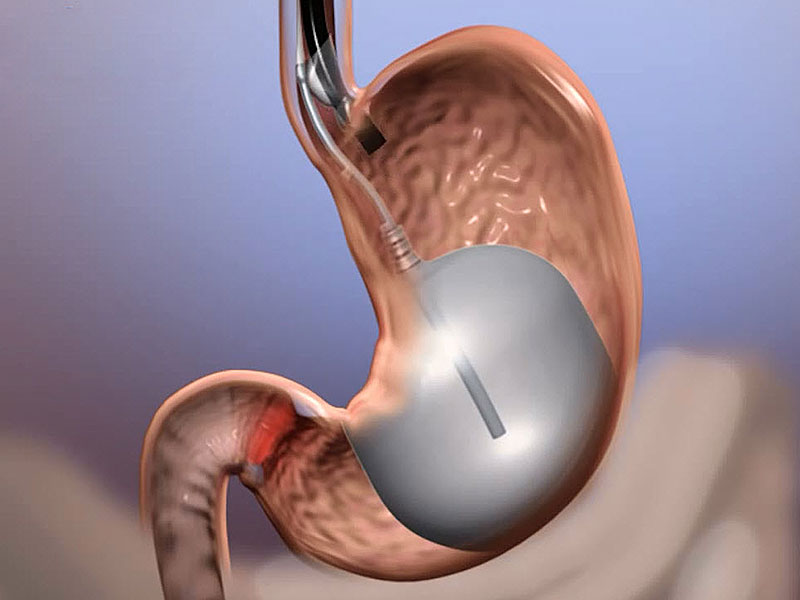There are many bariatric procedures aimed for effective weight loss when you fail dieting and exercising for long. Many people have benefited with this procedure by losing up to 70 lbs of excess weight. Unlike other invasive gastric procedures, gastric balloon doesn’t require surgery, but as in case of any medical procedure, it requires careful consideration.
As per the latest statistics of CDC, about 69% of American adults are overweight and more than 10% are facing issues with morbid obesity. It is not just the matter of looking good, but obesity can pave way to many other lifestyle diseases too like diabetes, heart failure, high blood pressure, arthritis, and more.

Just ask these questions to yourself;
- Whether you want to look fit?
- Had you been dieting for long with no notable success?
- Are you going to gym, but unable to cut down belly fat?
- Do you face problems with going out of breath frequently and activity restrictions?
If you have answer as ‘yes’ to all these questions, then you are probably in need of undergoing a bariatric procedure for weight loss. If you are thinking of gastric balloon procedure, read further to get a good insight.
The Weight Loss Journey
To begin with it, you need to consult a bariatric surgeon to find which modality will work best for you, and if it is a gastric ballooning, check whether you qualify for this procedure. The qualification criteria as below.
- An adult age above 18 with body mass index between 25 and 29.9 is overweight (qualifies for the procedure if there are comorbid conditions).
- An adult with BMI above 30 is considered as obese. (instantly qualifies if there are no other risk factors).
The other parameters of checking for obesity is the waist circumference of the individual. Those who are overweight can also have comorbid conditions like type 2 diabetes, high blood pressure, breathing problems, gallstones, and certain types of cancers to be qualified for gastric balloon.
Preparing for the Procedure
Once if you qualify for gastric balloon procedure, the initial consultation with the doctor will cover your medical history, attempts till date for losing weight, personal weight loss goals, and after knowing about the details, the doctor will ask how comfortable you are with undergoing the procedure.
The endoscopic procedure of gastric balloon placement will take hardly 20 to 30 minutes. The patient will be sedated lightly during the time of the insertion of the deflated gastric balloon into the stomach through mouth and esophagus. The balloon will be immediately filled with sterile saline and the endoscope will be taken back. After the procedure, the patient will be kept in the post-op recovery room for a couple of hours and will be discharged home on the same day.
Gastric balloon insertion is a fairly uncomplicated procedure, but the patient may experience some discomforts for the first few days as nausea and vomiting etc. This is basically because the digestive system will take a few days to get adjusted with the foreign component in.
Some important precautions to take before the procedure are;
- Intake of no solid foods or liquids 12 hours pre-op.
- Arranging for a bystander to be with you while getting discharged.
- Arrange for post-procedure special diet and liquids as per the instruction of dietician.
The recovery period is comparatively lesser as it is a non-surgical procedure. However, it will take a while to get adjusted with the presence of the balloon. You need to take some drugs for nausea and vomiting too for a week as instructed by the doctor.